by Josique Lorenzo Lemire
In June, the world turned its attention to the Rio+20 United Nations Conference on Sustainable Development (UNCSD 2012). At the same time, on the other side of the city of Rio de Janeiro, a parallel event was taking place with one goal: changing the world. The Cúpula dos Povos (or Peoples’ Summit) brought together transnational and local social movements, civil society organisations (CSOs), non-government organisations (NGOs), researchers, activists, artists and ordinary people all seeking for grass-roots, real-world solutions to today’s shared global problems.
![]()
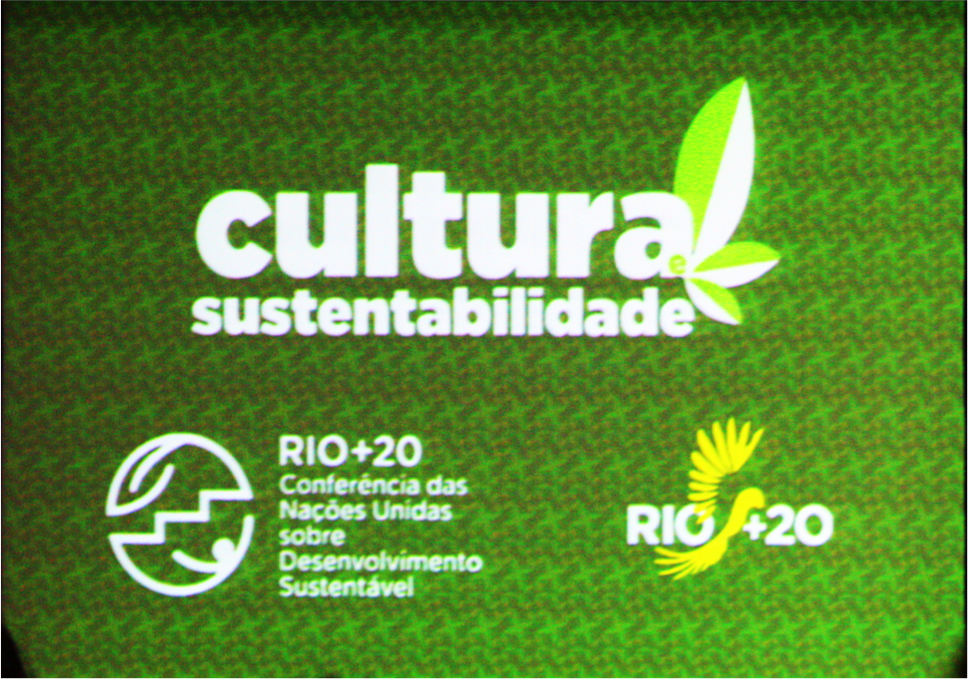
Walking through the Cúpula to attend the myriad of Rio+20 events, one could breathe passion at every corner. The weather, location and atmosphere were beautiful, and by contemplating the different social backgrounds, age groups and cultures gathered together, something obvious came to my mind: diversity is one of the most precious things on Earth. From languages and artistic expressions to agricultural systems and forms of social organization, this is the treasure of humanity. We are losing it. Every minute of each day species disappear, languages become extinct, cultures become more and more homogenized.
Read Also: Gender in the Sustainable Development Goals – is it enough?
So why were the People there? Among other publications, a report by the Civil Society Reflection Group, entitled No Future Without Justice, which was handed out at many Rio+20 events, summarizes well the perspectives shared by most CSOs. The main focus is sustainable living and equity in diversity. Political leaders do share the same aspiration to live a healthy and fulfilling life, and they know that the most valuable things, such as clean air or happiness, have no price. Therefore, we should be aiming to protect our global public goods, not trading them.
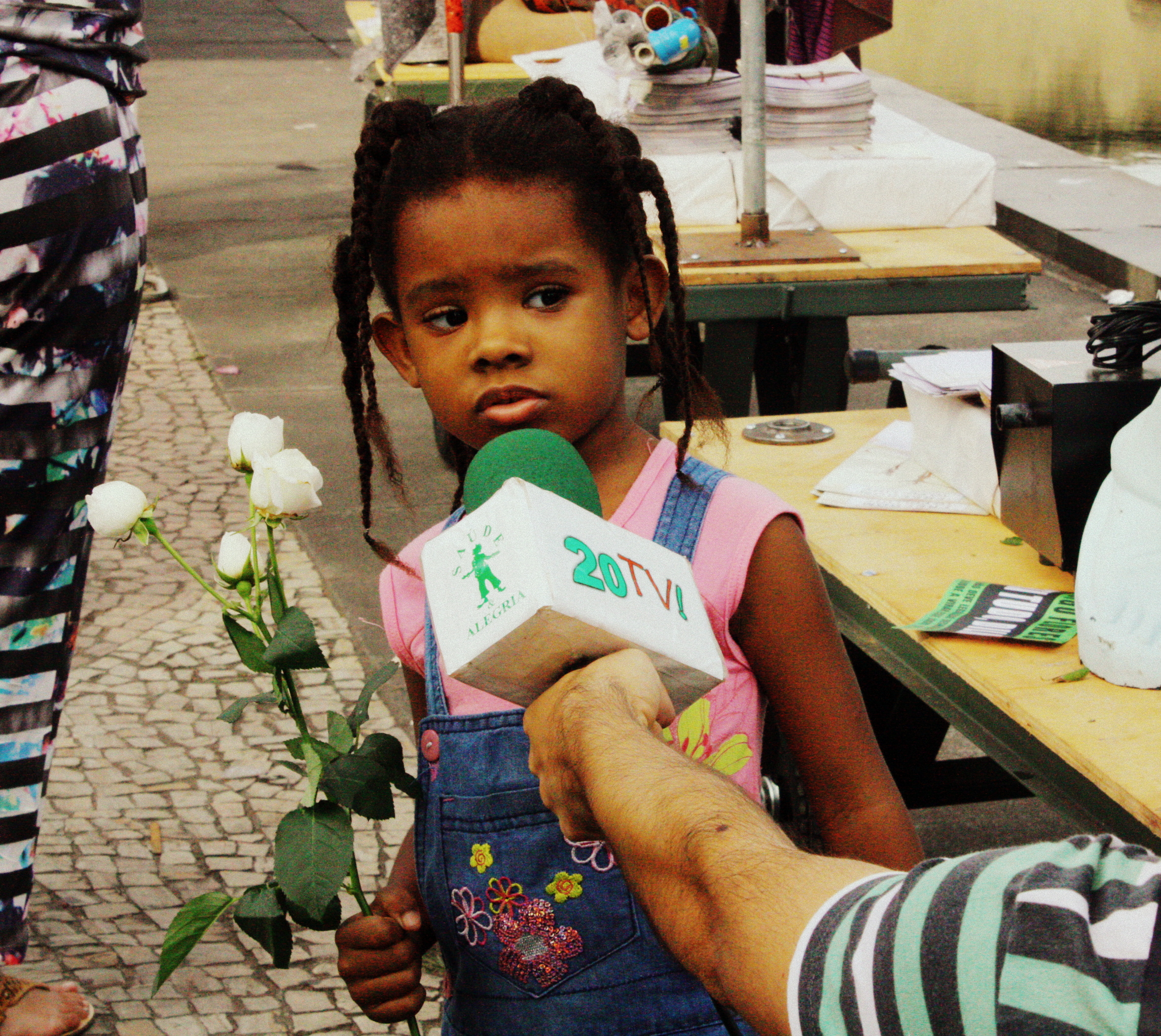
Preserving biodiversity, for instance, by protecting our forests or adopting agro-ecological farming models, has been identified as crucial to mitigating climate change and ensuring sustainability. This is a great advancement, especially in terms of how the new approaches can also benefit the poor who need resources the most. However, the importance of preserving cultural diversity, as valuable in itself, has not yet been established as a priority.Respecting the three pillars of sustainability—environmental balance, economic growth and social inclusion—is widely accepted, but culture—a necessary fourth pillar—is still only being debated, it seems, on the margins. Considering that economic projects also have cultural impacts that need to be assessed and addressed as seriously as the socio-environmental ones, this is at best misguided, at worst catastrophic.
Read also: Another Olympic Winner: Rio’s Favela Residents
The value of cultural and artistic expression was omnipresent at the Cúpula, as they are in everyone’s lives. This is not just entertainment. Firstly, culture has to be taken in a broad sense, as encompassing all kinds of ethnic, social, and artistic manifestations. Secondly, cultural production by artists should be for everybody, but also from everybody.

As a tool to ensure social cohesion and human development, culture deserves to be protected and regulated as much as the environment. This is acknowledged in the Preamble of the Convention on the Protection and Promotion of the Diversity of Cultural Expressions adopted by the United Nations Educational, Scientific and Cultural Organization(UNESCO) in 2005, which states that “cultural diversity creates a rich and varied world, which increases the range of choices and nurtures human capacities and
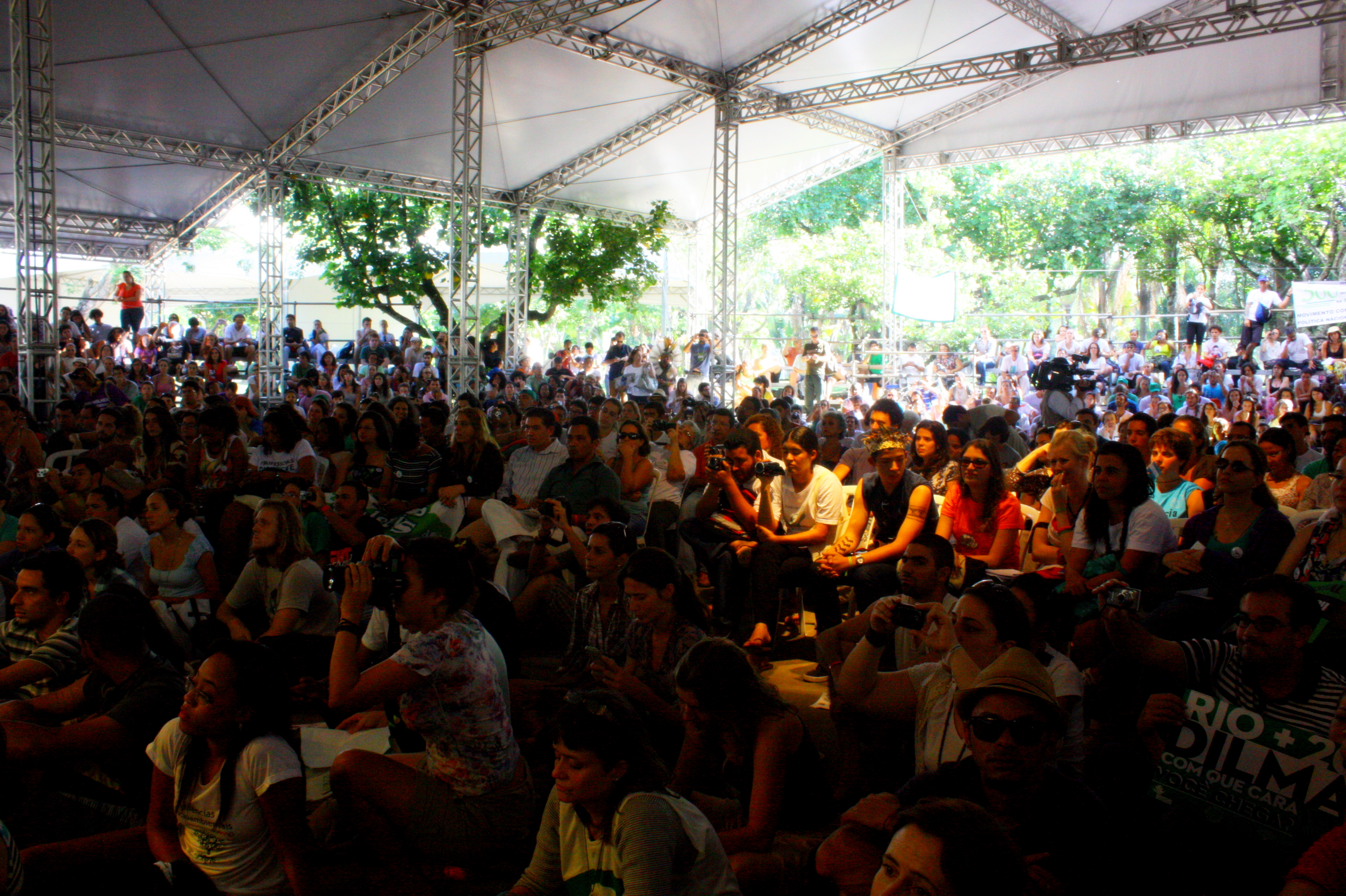
values, and therefore is a mainspring for sustainable development for communities, peoples and nations”. Cultural production can foster economic growth and build resilience of socio-ecological systems, as illustrated in the Creative Economy report of the UN Conference on Trade and Development (UNCTAD). The UN Food and Agriculture Organization (FAO) recognizes the importance of “agri-cultures”—valuable knowledge systems and cultural practices derived from millennia of co-evolution of human societies with their natural environments—notably through its Globally Important Agricultural Heritage Systems (GIAHS) programme. Some cities, such as Montreal, have officially declared culture as the fourth pillar of sustainability, following a policy statement released by the United Cities and Local Governments (UCLG) in 2010. Finally, the organizing committee of Rio+20 accepted, at the last minute, the “Culture and Cultural Diversity as the 4th pillar of Sustainability side event which aimed at showing how cultural diversity can help to decrease the driving forces of unsustainability.
To many, the Peoples’ Summit was an ode to humanity. Beyond seeing “people” as a problem for the environment, it embraced the value of the environment for people and because of people. A wave of emotion was evident in those who listened to Severn Suzuki—a Canadian environmental activist who, as a twelve year old, famously delivered an impassioned plea for change to the world’s leaders during the 1992 United Nations Earth Summit in Rio De Janeiro—talk about intergenerational justice. More sentimental stirrings came from attending Indian philosopher and eco-feminist Vandana Shiva’s speech about overcoming corporate control and from other discourses about global development.

A month later, what remains? Are these inspirations, ideals and dynamism lost? Are people now simply “consumers of emotions”, as the Brazilian environmentalist and politician Marina Silva suggested in her message to the youth? The emotional takeaway from the Peoples’ Summit should not be wasted. It should serve as a trigger to build stronger discourses and networks as well as creative solutions. Indeed, CSOs are playing a fundamental role in making sure these are considered as seriously as economic arguments. While it is true that Rio+20 built a lot on the concept of green economy, which has been heavily criticized by civil society, it was also an important step forward: two decades after the initial 1992 Rio Conference, “people” were high on the agenda.
Do you think that culture is important in sustainability? Share your thoughts in the comments below.
Josique Lorenzo Lemire is currently researching sustainability at Brazil’s International Policy Centre for Inclusive Growth (IPC-IG/UNDP).
People who liked this articles, also enjoyed:
- Argentina: the Latin American Pioneer in Gender and Sexual Equality
- Fighting for Equality: The Hijra in Bangladesh & Beyond
- The Bio Village: Upscaling Biodiversity in Bangladesh
- Get Monsanto Out of Nepal: An Interview with Sabin Limbu
- The Branch Foundation: Supporting Sustainable Futures for Marginalised People in South-East Asia.


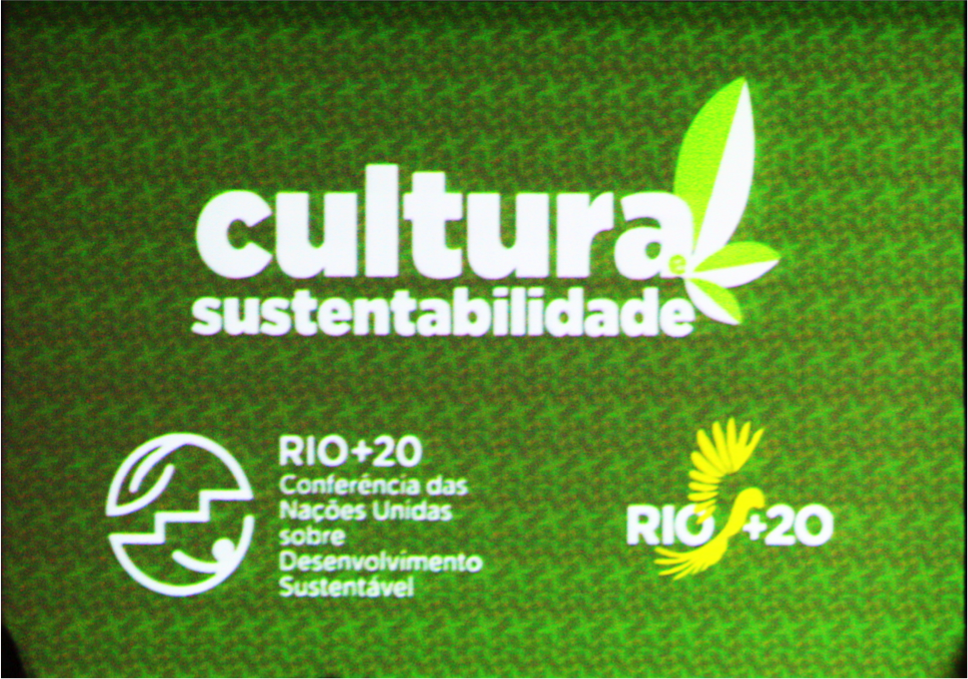
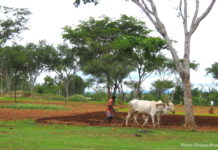







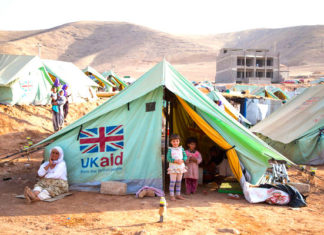
[…] Does Culture Matter in Sustainability? A Takeaway from Rio+20 […]
By Karolin April 4, 2012 – 16:37This sounds like a ralley good idea! Children are open to change (at least if you can make it fun, like a game or a challenge) and the earlier they start to care about the people and the climate, the better The easiest patterns to change are those you never get into, and children affect adults more than you’d think Keep up the good work!
[…] Does Culture Matter in Sustainability? A Takeaway from Rio+20 […]
[…] by Josique Lorenzo Lemire, former visiting researcher at the International Policy Centre for Inclusive Growth (IPC-IG/UNDP) […]